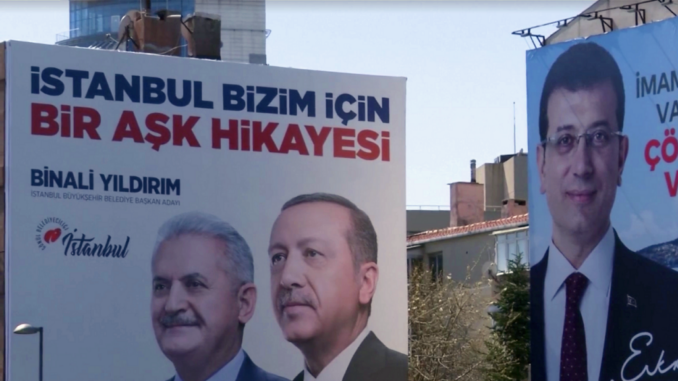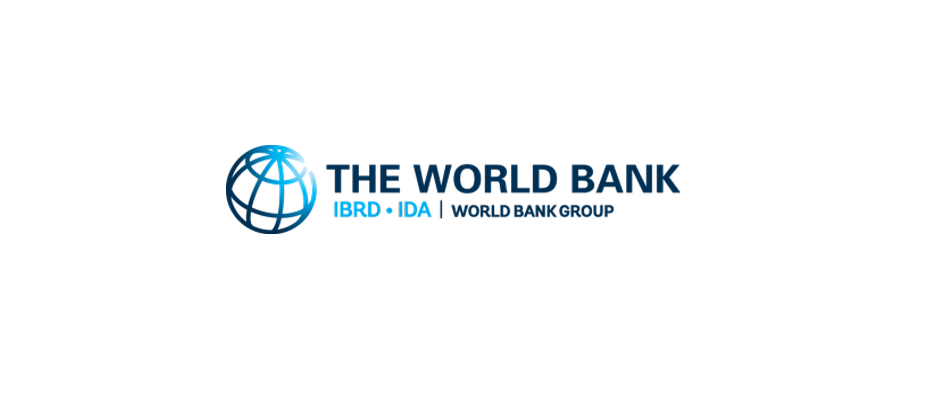
One important aspect of a decentralization is that it expands the space for political competition beyond the national stage, and provides an opportunity for opposition candidates to prove their worth to the electorate—for instance, as a mayor of a major city—in a way that does not directly challenge the power of the ruling political party. Nonetheless, national political leaders and political parties may be inclined to use their power at the national level to limited political competitors from establishing a foothold at the local level. Such a power struggle seems to be taking place in Istanbul, Turkey, today.
In March 2019, opposition candidate Ekrem Imamoglu, of the Republican People’s Party (CHP), won the elector race for mayor of Istanbul by a slim margin. Imamoglu had faced Binali Yildirim, the ruling party candidate. From 2016 to 2018, Yildirim served as Turkey’s last prime minister. It was the first time that the Justice and Development Party (AKP) lost control of the city in 25 years. But Imamoglu spent just 18 days in office, as the Supreme Election Council, Turkey’s election authority, nullified the results in May when President Recep Tayyip Erdogan and his party argued that irregularities had marred the voting process.
The rerun election started Sunday morning and closed at 5 p.m. local time. The rerun was widely seen as a referendum on President Recep Tayyip Erdogan and his grip on Turkey after the first mayoral elections were annulled.
The results of the rerun election set Istanbul squarely in the opposition’s hands. Imamoglu received about 53% of the votes while Yildirim collected about 45%, according to unofficial results published in the pro-government Daily Sabah. He reportedly won by more than 700,000 votes. By Sunday night, Yildirim conceded by congratulating Imamoglu. “We’ll try to help out to Imamoğlu in everything he will do to the benefit of Istanbulites,” he said.
In the weeks leading up to the vote, both candidates took on issues including poverty and employment. Turkey’s economy has contracted despite a decade of growth and economists in the spring predicted a long recession for the country.
Istanbul is Turkey’s economic stronghold and its most populated city. Ironically, it is also the place where Erdogan rose to power as an opposition mayor himself in the 1990s, at a time when the secular Motherland Party was the country’s leading political force.
Seven members of the Supreme Election Council ruled in favor of an election do-over, while four voted against it. According to the Ahval news site, Turkey’s top administrative court has agreed to consider a legal complaint against those seven Council members.
Read the complete news report on the National Public Radio (NPR) website.



